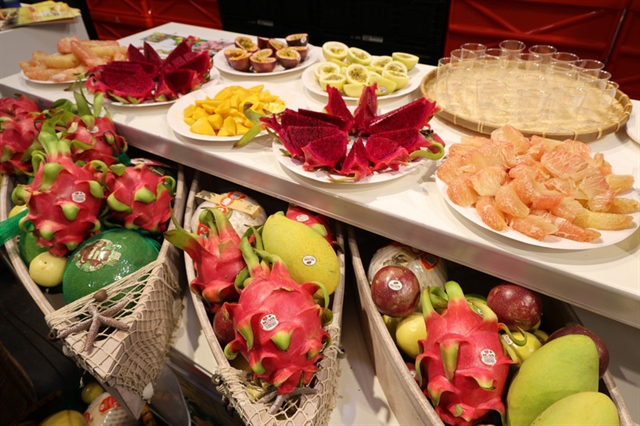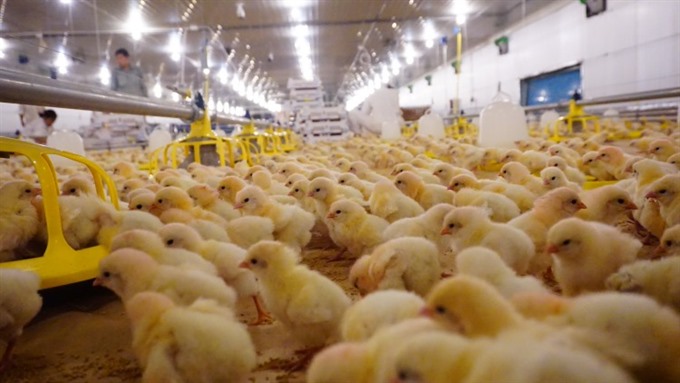 bizhub
bizhub

Hòa Phát Poultry Company Limited has imported the first batch of Hyline Brown chicken breed, the world’s most balanced brown egg layer, from the UK-based Hy-Line International.
 |
| The first batch of Hyline Brown chicken breed imported by the Hòa Phát Poultry Company Limited. — Photo hoaphat.com.vn |
HÀ NỘI — Hòa Phát Poultry Company Limited has imported the first batch of Hyline Brown chicken breed, the world’s most balanced brown egg layer, from the UK-based Hy-Line International.
According to the company, co-operation between Hòa Phát Poultry and Hy Line International, a world leader in poultry-layer genetics, will help step-by-step concretise the target of Hòa Phát in the hi-tech poultry sector.
A Hy-Line Brown chicken produces over 355 brown eggs over a period of 80 weeks, peaks well and begins laying early with optimum egg size. These traits combined with unrivaled feed efficiency, interior egg quality and classy livability give the Hy-Line Brown the perfect balance, which means more profit for the poultry producer.
Hy-line Brown chicken has a slim body with an average weight of about 2kg at 72 weeks of age, consuming less food. Hyline Brown chicken’s eggs are brown, slender and suited to the tastes of the majority of buyers and distributors in Việt Nam.
Prior to the delivery of the batch of chickens to Hòa Phát’s farm, all the cages at the farm were disinfected to ensure the best conditions for the growth and development of the chickens. All chickens were vaccinated in accordance with the regulations of the livestock industry.
Hòa Phát’s strategy in the poultry sector is to provide over 300 million high quality, clean chicken eggs per year to the market from 2020. Currently the company aims to provide high quality chicken eggs to its farms in the northern province of Phú Thọ and southern province of Đồng Nai, while the remaining will be supplied to the market. — VNS